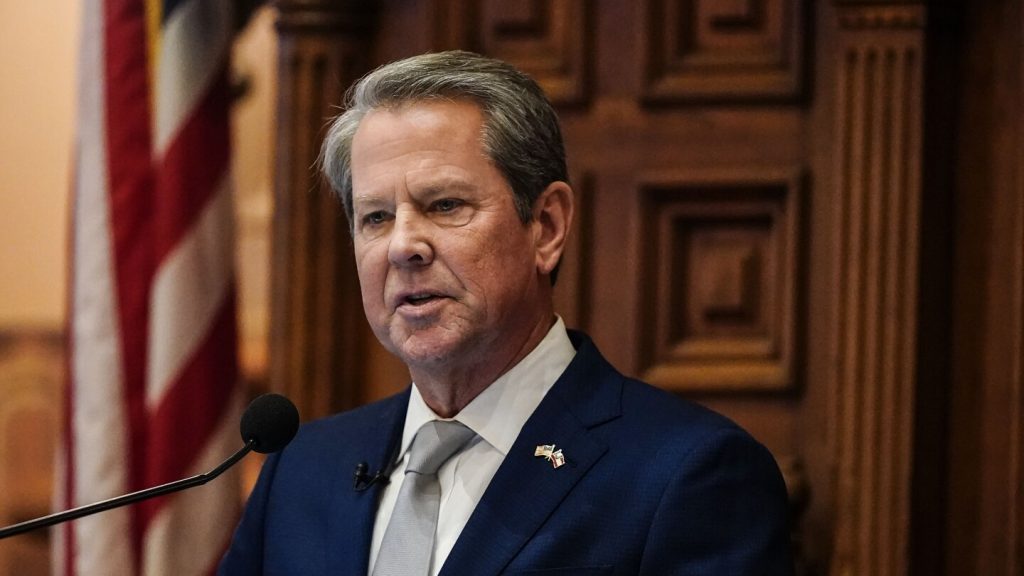Georgia Gov. Brian Kemp signed a bill, SB420, into law limiting the ability of some Chinese citizens to buy land in the state. The law bans agents of China, Cuba, Iran, North Korea, and Russia who are not U.S. citizens or legal residents from owning farmland in Georgia or any commercial land in the state within 10 miles of a military installation. Critics have labeled the bill as discriminatory, while supporters argue it is a necessary national security measure to protect the food supply. Similar bans have been passed in other states, with much of the focus on China.
The law defines an agent as someone acting on behalf of their country, extending the ban to businesses from the listed countries as well. However, residential property is exempt from the restrictions. Some critics have raised concerns about the bill potentially conflicting with federal law and violating constitutional protections. The discussion surrounding the bill largely revolves around China, with lawmakers in the state Capitol highlighting the importance of safeguarding against foreign influence, particularly in relation to national security.
States like Florida, Alabama, Louisiana, and Arkansas have already implemented similar bans, citing concerns over Chinese ownership of farmland in the U.S. The measures gained momentum after incidents such as a suspected Chinese spy balloon flying over the U.S. and Chinese entities purchasing land near military bases in North Dakota and Texas. Gov. Kemp also signed additional bills on the same day, including one prohibiting the sale of CBD and consumable hemp products to individuals under the age of 21 and requiring manufacturers to list the quantity of THC and other compounds in their products.
Another bill signed by Kemp increases penalties for individuals who make or sell drugs containing fentanyl that result in someone’s death. The legislation, named after Austin Walters who died from a pill laced with fentanyl, aims to combat the trafficking of harmful substances and protect the lives of Georgia residents. The toughening of penalties highlights the state’s commitment to addressing the opioid crisis and holding those responsible for drug-related deaths accountable. The move reflects ongoing efforts to strengthen drug laws and combat the prevalence of lethal substances in communities.
Criticism of the bill includes concerns about xenophobia, discrimination against immigrant communities, and potential legal challenges due to perceived violations of constitutional rights. Organizations like Stop AAPI Hate have voiced opposition to the legislation, accusing Gov. Kemp of engaging in anti-Asian scapegoating and anti-immigrant fearmongering. Despite these criticisms, supporters emphasize the necessity of prioritizing national security and protecting critical resources like the food supply from foreign interference. The debate surrounding the bill underscores the complex balance between security measures and civil liberties in a globalized world with increasing geopolitical tensions.


